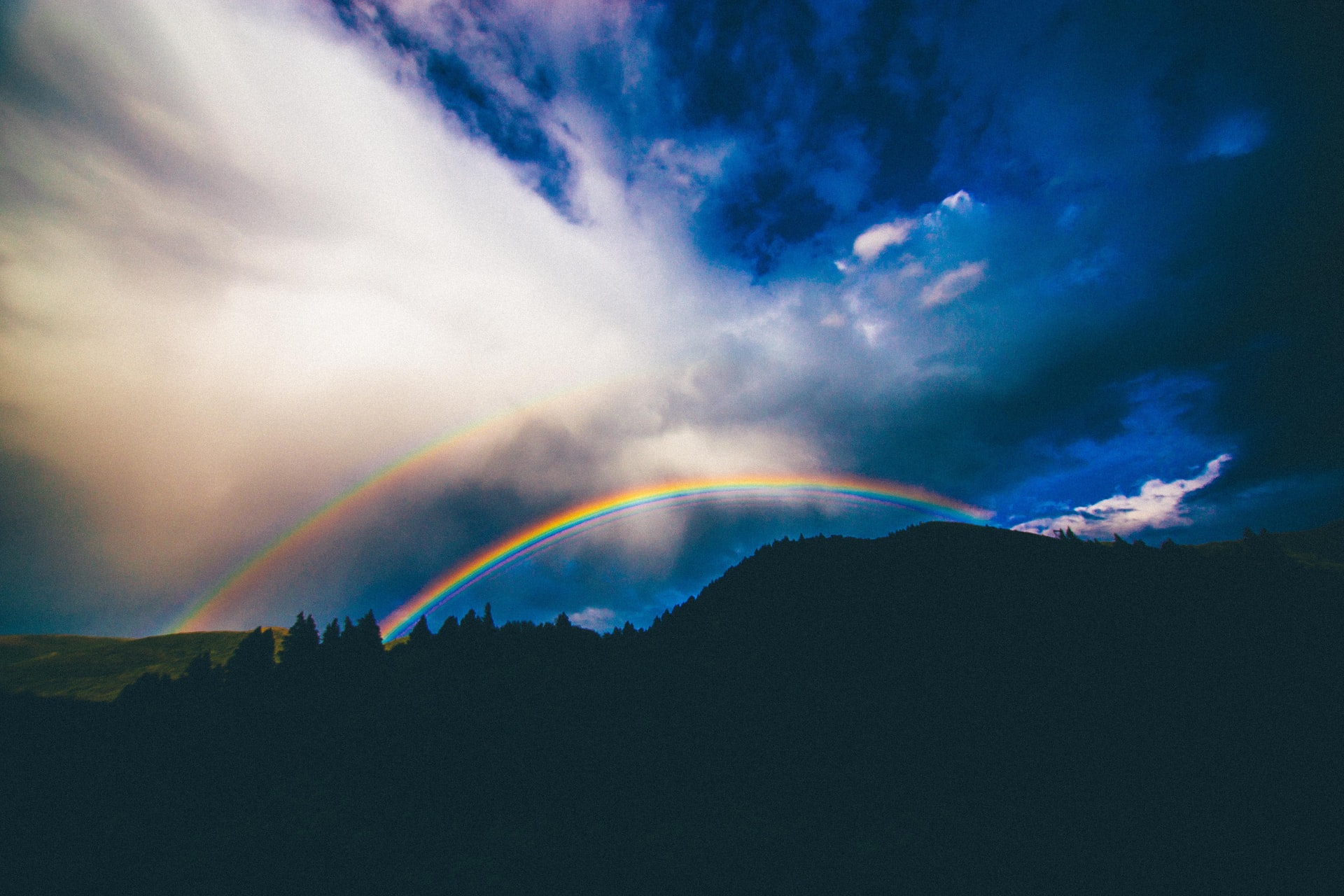This month we welcome a guest post from one of our clients, Kristina Karlsson. Kristina was born and lives and works on the land of the Wurundjeri of the Kulin Nations in Australia, where she works as a systems psychodynamically trained organisational consultant and coach. She currently works for the Victorian State Government.
‘Hope’ has emerged as a theme from recent conversations with my colleagues and friends. At times, some have expressed a lack of hope about the way that the Covid-19 pandemic is impacting our communities, our workplaces, our loved ones. The rates of infection in my home city of Melbourne have steadily increased over the last few days. Melbourne is now in stage 4 lockdown, and soon the whole of the state of Victoria will see its citizens from Echuca to Mallacoota wearing masks whenever they venture outside of their homes.
For some of us, for many of us, there are occasional or even frequent feelings that the future is dark or hopeless. However, as the American writer and photographer Teju Cole recently said, ‘”The future is dark” doesn’t mean that it’s bad. “The future is dark” means that we don’t know.’
We should resist the temptation to lose hope simply because we don’t know how the future will unfold. Similarly, it would be unwise to employ wishful thinking or undue optimism in response to this pandemic because this ‘first order’ thinking is not linked to reality and does not acknowledge the threat that exists and the damage that has already been done. Instead, there is an uncomfortable middle path that we need to keep in mind to help guide us through this pandemic.
How might we see this middle path and what does it look and feel like? The distinction between ‘catastrophe’ and a ‘catastrophic change’ may help us. The concept of ‘catastrophe’ comes from Ancient Greek epic poetry and theatre and it means the final resolution in a story. Often the main character will suffer severe misfortune or disaster at the end. He or she may or may not experience any personal growth.
A catastrophic change, on the other hand, is turbulence from an event that causes a disruption to the usual order of things. If we remain alive to the circumstances, they are really about transition and growth. To use the expression of the twentieth-century psychoanalyst Wilfred Bion, catastrophic change occurs in a ‘caesura’ – an interruption, a break to our usual habits and ways of being in the world. The experiences of a relationship breaking down and the death of a loved one are examples of catastrophic change because, through these events, our lives will never be the same again.
Catastrophic change is terrifying, confusing, frustrating and exhilarating. The catastrophic change of Covid-19 has meant that we have had to say goodbye to a way of living and working, loved ones, an expectation of how life should be. This catastrophic change has also helped us notice things that we had not been able to notice before, to see dimensions to our colleagues that the old ways of living had not enabled us to see, perhaps even to experience our communities differently.
When we do not acknowledge that we are in the midst of a catastrophic change, then we may feel debilitated and without hope. It may feel like a catastrophe. Our organisations and communities may be held back from adapting. We may not even be able to see that some of the old ways of working now have to go.
However, catastrophic change is also required for us to develop insight, and insight is the only mechanism that allows us to adapt. One of the things that has given me heart is the growing realisation by organisations that learning from experience, in real time, is important. Learning from experience means being attuned to what we are feeling, thinking and noticing and, as much as we feel uncomfortable, sharing our experiences with others.
Organisations have a very important role to play in creating the spaces for us to do this. These ‘potential spaces’ or ‘transitional spaces’ are, simply, occasions where we come together to reflect on what is going on so that we can collectively ‘make sense’ of it all, to see how we might do things differently, and to give ourselves permission to discard that which no longer serves us.
If we are to learn during this catastrophic change, we will need to move beyond frustration, anxiety and pain. We will need to use our courage, accept ‘the capacity to stay lost’ and employ a special kind of patience. This is the only way that we will be able to stay upright and maintain hope in circumstances where none of us have been before.
In a recent article, I use Joseph Conrad’s short story The Shadow-Line, to explain catastrophic change. It is an amazing tale of how a novice sea captain and his crew experienced catastrophic change and the emotional and interpersonal capacity that was required of them to survive it.
Kristina Karlsson
Photo by Abigail Keenan on Unsplash

